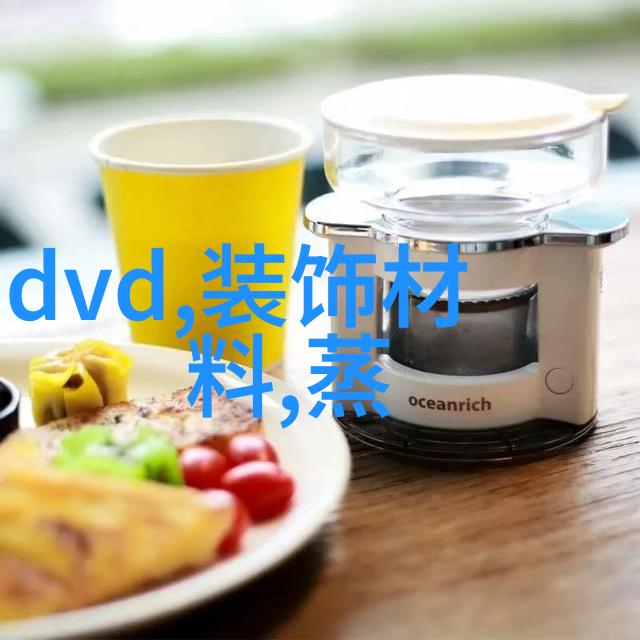传感器与控制器是嵌入式开发中的重要组成部分它们各自的作用是什么
在讨论嵌入式开发学什么专业时,我们不可避免地会提到传感器和控制器,因为它们是构建任何嵌入式系统的基础。这些设备不仅仅是硬件的一部分,它们在软件设计中也扮演着关键角色。因此,在选择学习嵌入式开发的专业时,了解如何有效利用这些设备至关重要。

首先,让我们来谈谈传感器。传感器是一种能够检测环境变化并将其转换为电信号的设备。在不同的应用场景中,可能需要不同的类型和数量的传感器,以满足特定的需求。例如,在自动驾驶汽车中,可能需要多个摄像头、激光雷达以及其他环境监测设备来获取周围环境的信息。而在智能家居系统中,则可能只需要一些简单但精确的小型传感器,如温度、湿度或声音等。
然而,无论是在哪种场景下,一个好的嵌入式工程师都应该能够理解和使用各种类型的传感器,以及它们如何工作。这包括对不同类型传感器原理的掌握,比如压力、振动或光线等,以及如何集成它们到系统中以获得准确而可靠的情报。此外,还要考虑数据采集速度、精度和存储要求,这些都是设计高效且可靠的人机界面(HMI)所必需的一环。

接下来,我们要探讨的是控制器。这是一个非常关键的话题,因为它涉及到了实际操作:根据来自于各种输入源(如按钮、开关或者更复杂的情况下,即使从网络上)的指令,对物理世界进行相应响应。这通常涉及到电子元件,如微处理单元(MCU)、数字信号处理单元(DSP)或者甚至更大型、高性能计算平台——服务器级别硬件。不过,不管大小,它们共同点之一就是能执行程序指令,并通过输出端口将结果反馈给周围世界。
这意味着,当你研究嵒体开发时,你必须深入了解如何编写代码以驱动这些硬件,从而实现你的目的。你也必须有能力诊断问题并修复错误,这通常涉及调试工具以及良好的逻辑思维。当你开始深挖这个领域的时候,你会发现自己不得不不断地学习新的技术,同时保持对现有知识库更新与扩展的心态。

综上所述,为了成为一名成功的人物—即优秀的嵒体工程师—you need to have a solid foundation in both hardware and software. This includes understanding how sensors work, what they can do, and how to use them effectively in your designs. It also involves learning about the different types of microcontrollers and other control devices that are used to interact with the physical world.
Furthermore, you should be familiar with programming languages such as C++, Java or Python that allow you to write code for these devices. You should also know how to debug your programs when things go wrong. And finally, you must have a good understanding of electrical engineering principles so that you can design circuits and interfaces that work well together.

In summary, studying embedded systems development requires a broad range of skills including knowledge of hardware components like sensors and controllers as well as software tools like programming languages. It is not just about writing code but also designing circuits, testing prototypes, fixing bugs etcetera.
So if someone asks "what major should I study for embedded systems development?" The answer would be: it depends on your interests! Are you more interested in the hardware side? Then perhaps an EE (electrical engineering) degree might suit better. Or maybe the software aspect fascinates you more? In this case computer science could be right up your alley!

However no matter which path one chooses; it's important to keep learning new technologies while staying up-to-date with existing ones - because after all technology is always evolving!



